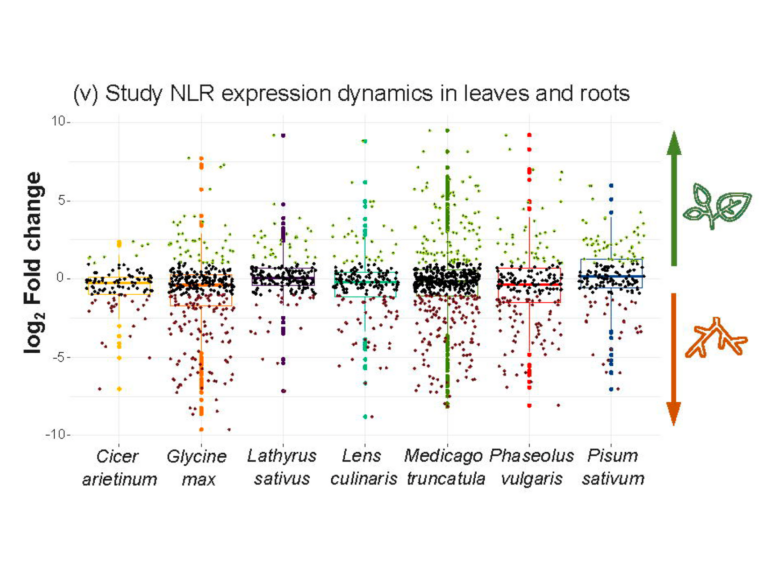PlantACT! - how to tackle the climate crisis
Greenhouse gas (GHG) emissions have created a global climate crisis which requires immediate interventions to mitigate the negative effects on all aspects of life on this planet. As current agriculture and land use contributes up to 25% of total GHG emissions, plant scientists take center stage in finding possible solutions for a transition to sustainable agriculture and land use. In this article, the PlantACT! (Plants for climate ACTion!) initiative of plant scientists lays out a road map of how and in which areas plant scientists can contribute to finding immediate, mid-term, and long-term solutions, and what changes are necessary to implement these solutions at the personal, institutional, and funding levels.


